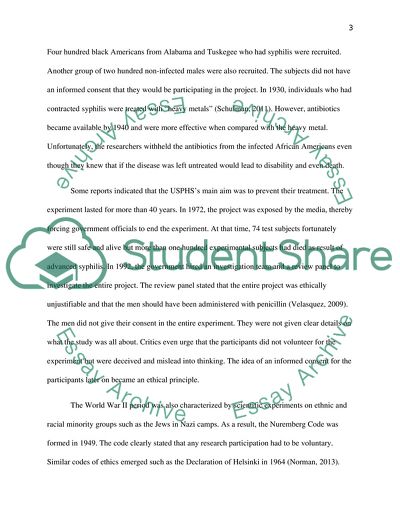Cite this document
(Morals and Ethics in Research Essay Example | Topics and Well Written Essays - 2500 words, n.d.)
Morals and Ethics in Research Essay Example | Topics and Well Written Essays - 2500 words. https://studentshare.org/ethics/1860564-morals-ethics-in-research
Morals and Ethics in Research Essay Example | Topics and Well Written Essays - 2500 words. https://studentshare.org/ethics/1860564-morals-ethics-in-research
(Morals and Ethics in Research Essay Example | Topics and Well Written Essays - 2500 Words)
Morals and Ethics in Research Essay Example | Topics and Well Written Essays - 2500 Words. https://studentshare.org/ethics/1860564-morals-ethics-in-research.
Morals and Ethics in Research Essay Example | Topics and Well Written Essays - 2500 Words. https://studentshare.org/ethics/1860564-morals-ethics-in-research.
“Morals and Ethics in Research Essay Example | Topics and Well Written Essays - 2500 Words”. https://studentshare.org/ethics/1860564-morals-ethics-in-research.


